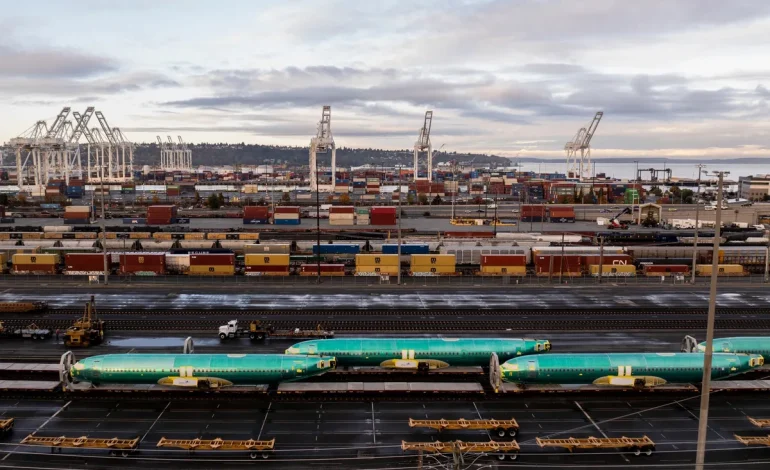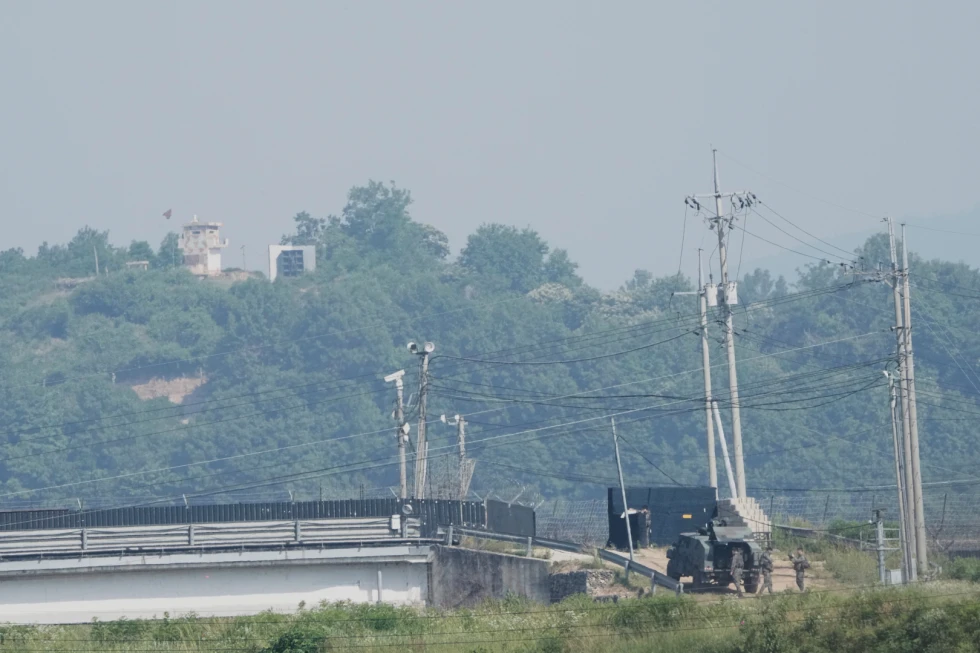Global Businesses Brace for Impact as Trump’s Tariff Policies Unfold

Companies worldwide are scrambling to adjust to President Donald Trump’s sweeping trade tariffs, which have left industries grappling with supply chain disruptions, higher costs, and regulatory uncertainty.
With tariffs imposed on approximately $1.4 trillion worth of goods from Canada, Mexico, and China, businesses are weighing strategies to minimize financial strain while navigating unpredictable policy shifts.
From pharmaceutical firms to automakers, executives are assessing the potential economic fallout and forming “tariff task forces” to mitigate risks. Some companies are seeking alternative supply chains, while others are adjusting their pricing structures or shifting production to the United States to comply with the new trade landscape.
- Novo Nordisk A/S, the maker of Ozempic, is planning to expand its US-based manufacturing to avoid potential tariff-related price increases on its medications.
- Chinese online retailer Shein Group Ltd. is offering incentives to top apparel suppliers to set up new production capacity in Vietnam, reducing reliance on Chinese factories.
- Boeing Co. faces potential cost increases and supply chain disruptions, particularly for components sourced from Canada, which could make aircraft production more expensive.
The complexity of modern supply chains has made it difficult for businesses to predict the full impact of tariffs. Many goods, particularly in the automotive sector, cross multiple borders before final assembly, adding layers of uncertainty.
- Automakers like Stellantis NV and Volkswagen AG could see billions wiped from earnings due to tariffs on vehicles imported from Mexico and Canada. Volkswagen CEO Jim Rowan acknowledged the company may need to expand US production at its Charleston plant to counteract the impact.
- Retail giants like Walmart Inc. and Target Corp. are expecting increased costs on imported goods. Walmart has already asked some Chinese suppliers to lower their prices by up to 10% per round of tariffs, shifting part of the burden onto manufacturers.
- Pharmaceutical companies including Sandoz Group AG and Eli Lilly & Co. are reassessing their supply chains, as many active pharmaceutical ingredients are sourced from China and India. Eli Lilly has committed to a $27 billion investment in US manufacturing to safeguard against future disruptions.
Trump’s tariffs are part of a broader effort to reshape the US economy by encouraging domestic production. However, analysts warn that these measures could slow economic growth and disrupt global trade relationships.
- Bridgewater Associates founder Ray Dalio compared the current environment to the 1930s, warning that economic nationalism and protectionism could lead to escalating tensions between countries.
- Pimco’s managing director Alec Kersman noted that the risk of a US recession has increased to 35% due to trade uncertainty, up from 15% just months earlier.
- Alibaba’s Chairman Joe Tsai remains optimistic, suggesting that tariffs could eventually boost domestic consumption in China, as local consumers redirect spending toward homegrown brands.








